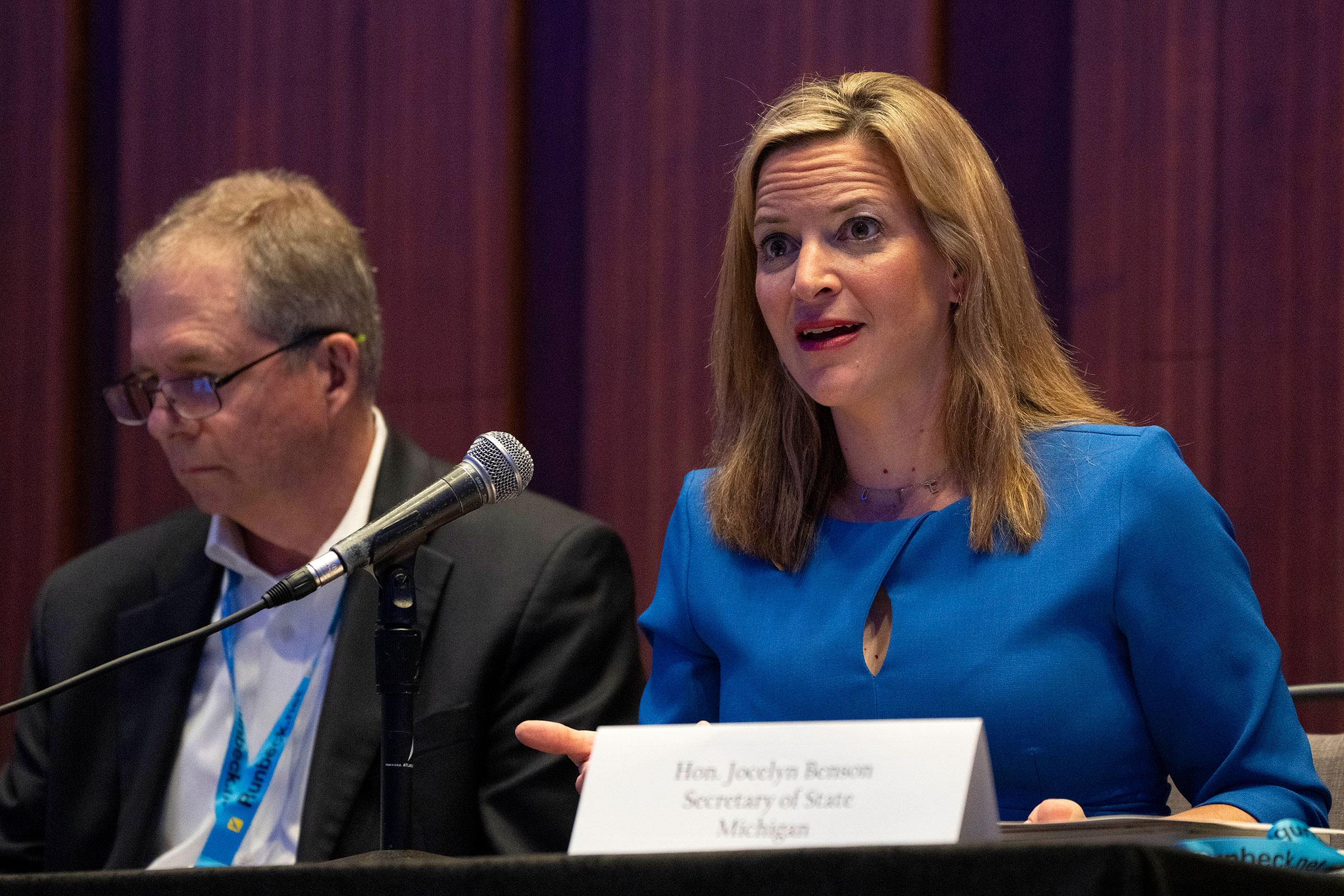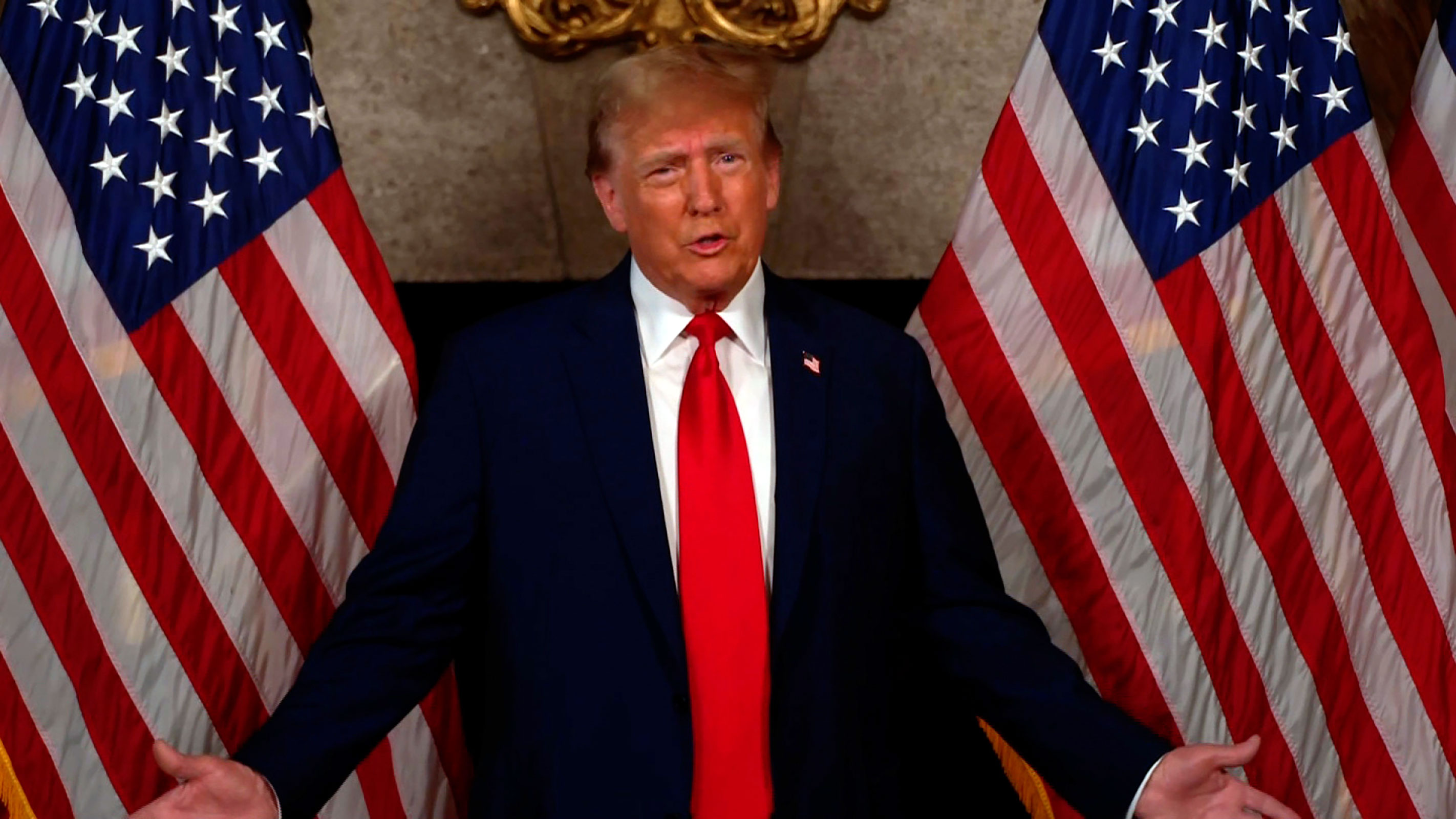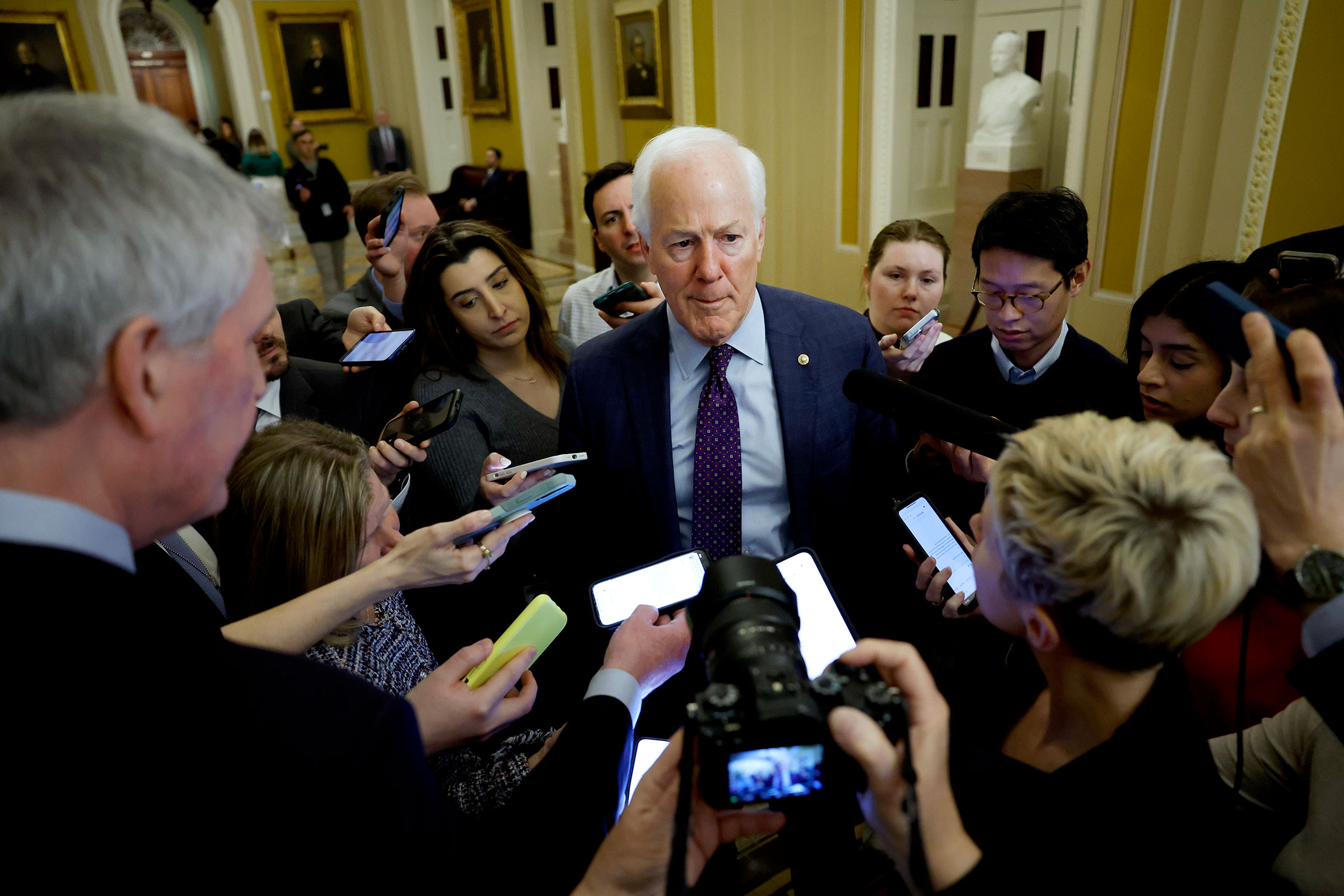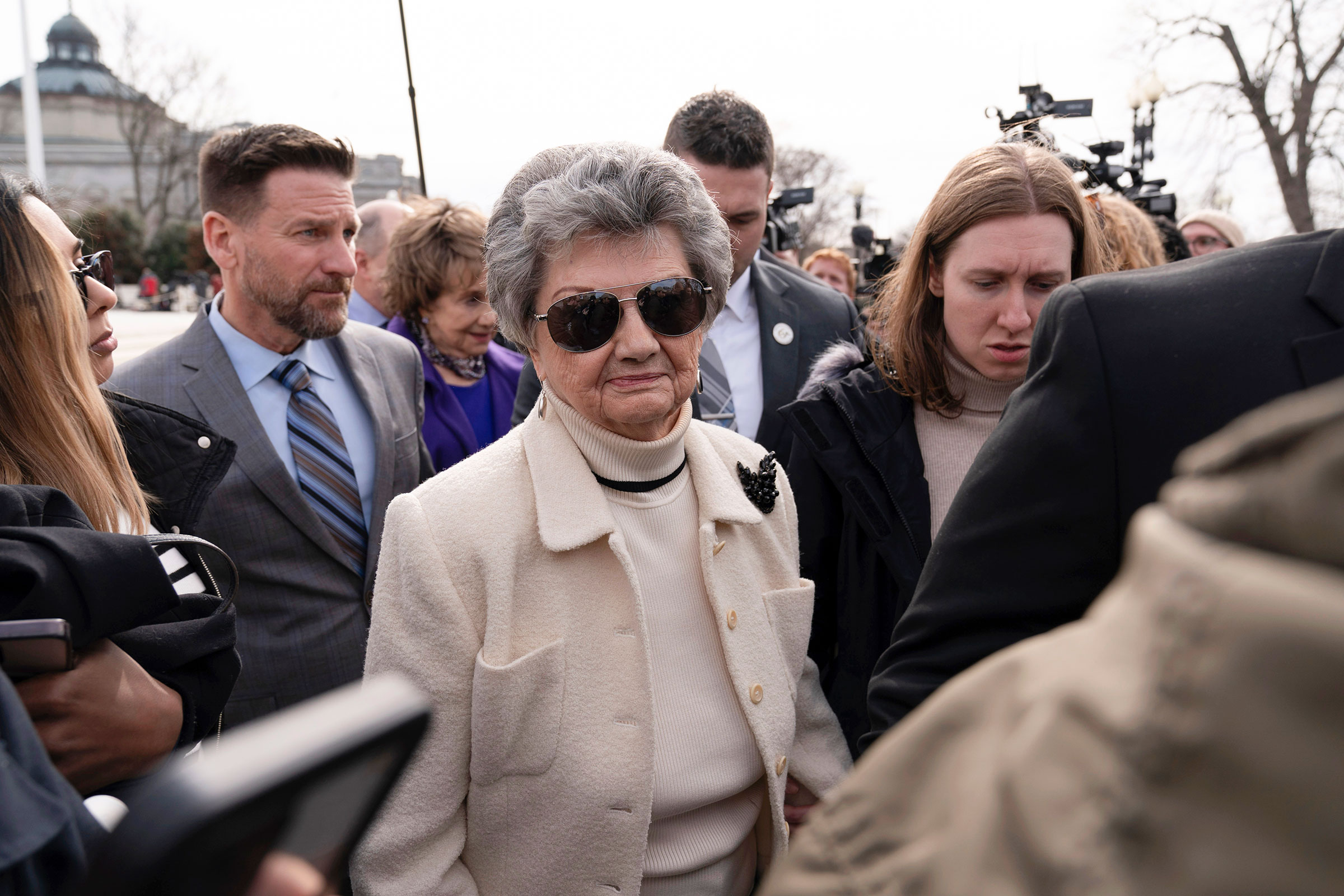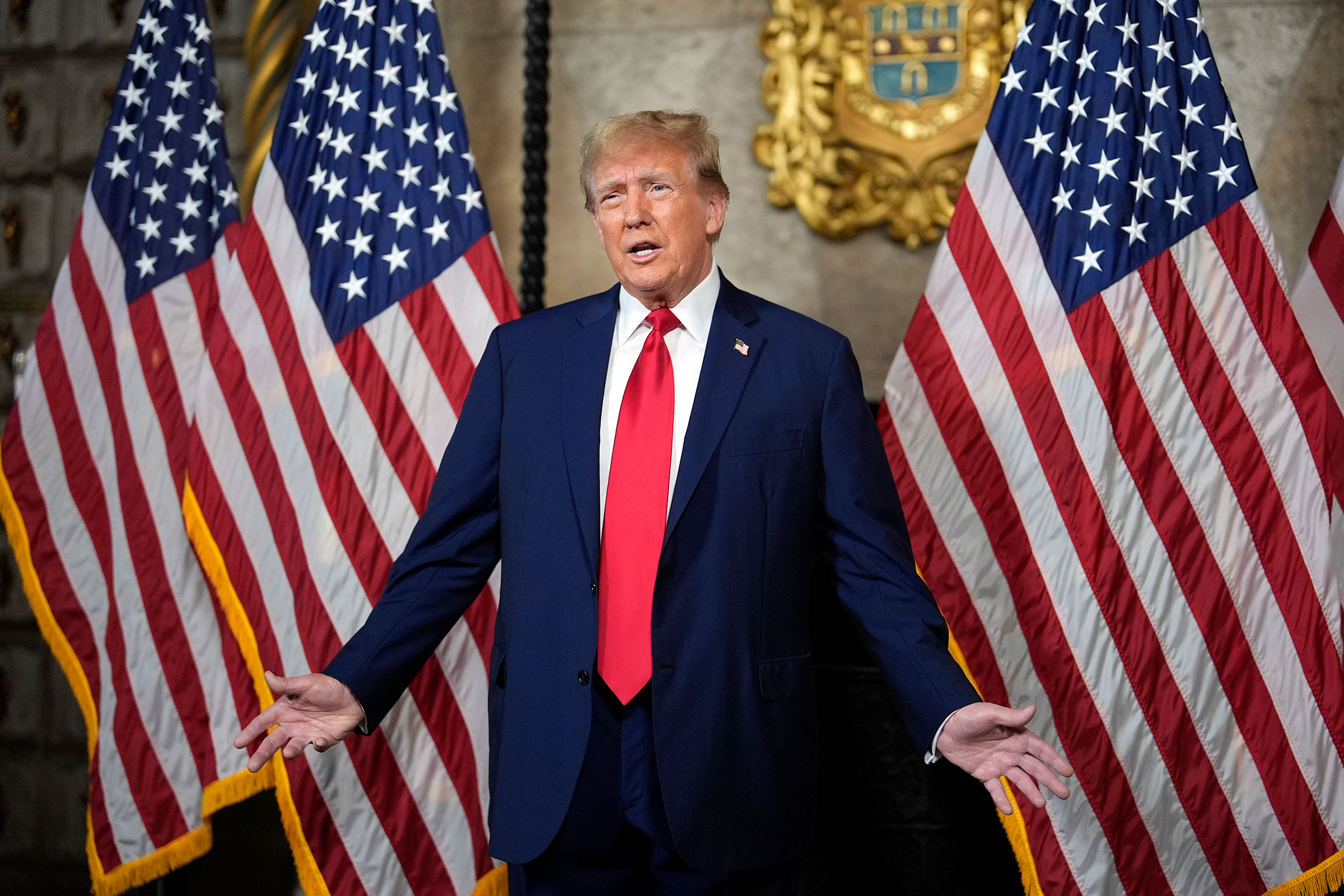
The Supreme Court on Monday ruled that former President Donald Trump could not be removed from the ballot in Colorado or any other state. It was a sweeping and historic ruling that brushed aside a lawsuit claiming that he disqualified himself from office because of his actions on January 6, 2021.
In a repudiation of the notion that Trump’s actions left him ineligible under the 14th Amendment’s “insurrectionist ban,” a unanimous court ruled that an individual state could not dump the former president from the ballot.
However, the justices did not say if Trump was an insurrectionist and split on technicalities of how the ban could be enforced. A 5-4 majority said no state could dump a federal candidate off any ballot — but four justices asserted that the court should have limited its opinion.
Here are some of the key takeaways from the ruling:
- Trump will appear on the ballot: There was no equivocation in the Supreme Court’s short opinion: States do not have the power to remove a federal candidate from the ballot under the Constitution’s “insurrectionist ban.” It is Congress, the court wrote, that can enforce the provision, not states. That means that the impact of the decision will sweep far wider than the controversy in Colorado.
- Court heads off 2025 showdown: The high court’s opinion also appeared to make it much harder for the insurrectionist ban to be enforced at the federal level. Four justices – Amy Coney Barrett, Sonia Sotomayor, Elena Kagan and Ketanji Brown Jackson – asserted that their colleagues went too far. The court’s opinion, the three liberal justices wrote in a concurrence, “shuts the door on other potential means of federal enforcement,” by requiring Congress to act to pass legislation first, something that’s highly unlikely. The move appeared to address a concern that a narrow ruling from the court could lead to a messy confrontation in Congress when the electoral votes are counted in 2025.
- Avoiding insurrectionist debate: The Supreme Court’s opinion doesn’t directly address whether Trump’s actions on January 6 qualified as an “insurrection," skirting an issue that the courts in Colorado wrestled with. The unsigned opinion noted that lower courts in Colorado found Trump’s remarks before the attack on the US Capitol qualified as engaging in an insurrection within the meaning of the Constitution. But the court’s unsigned opinion didn’t return to that judgment direction.
- Barrett's concern with "national temperature": Barrett devoted more than half of her one-page concurrence to urging the public to look past the fact that four of the court’s members — herself included — disagreed with how broadly their colleagues decided the case. The conservative justice stressed that although she and the three liberal justices were at odds with their other colleagues, “this is not the time to amplify disagreement with stridency.”
- Liberal wing rebukes majority for opinion's sweep: The court’s three liberals – Sotomayor, Kagan and Jackson – sharply criticized the majority for the breadth of the opinion. They said that the majority opinion limited federal enforcement of the insurrection ban as well as state enforcement. That decision, they said, wasn’t before the Supreme Court in the case and would “insulate all alleged insurrectionists” from future challenges.
Get up to speed and read the full takeaways from the Supreme Court's ruling.



